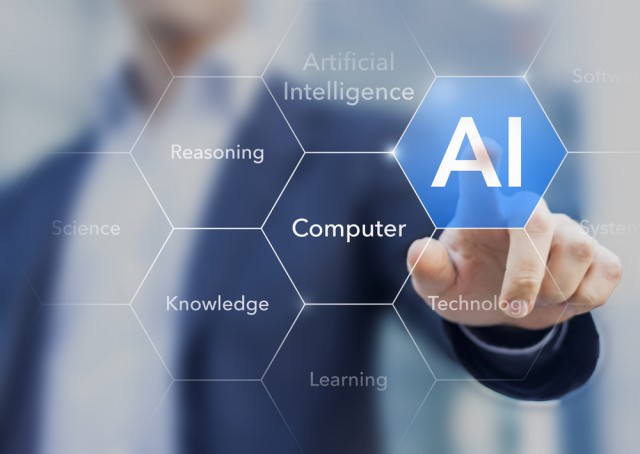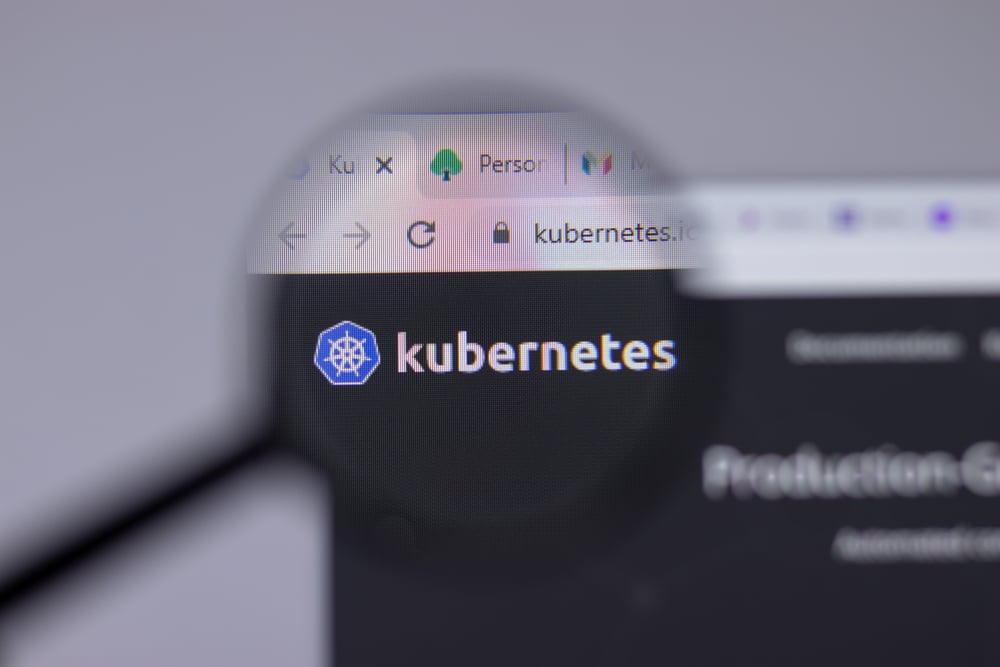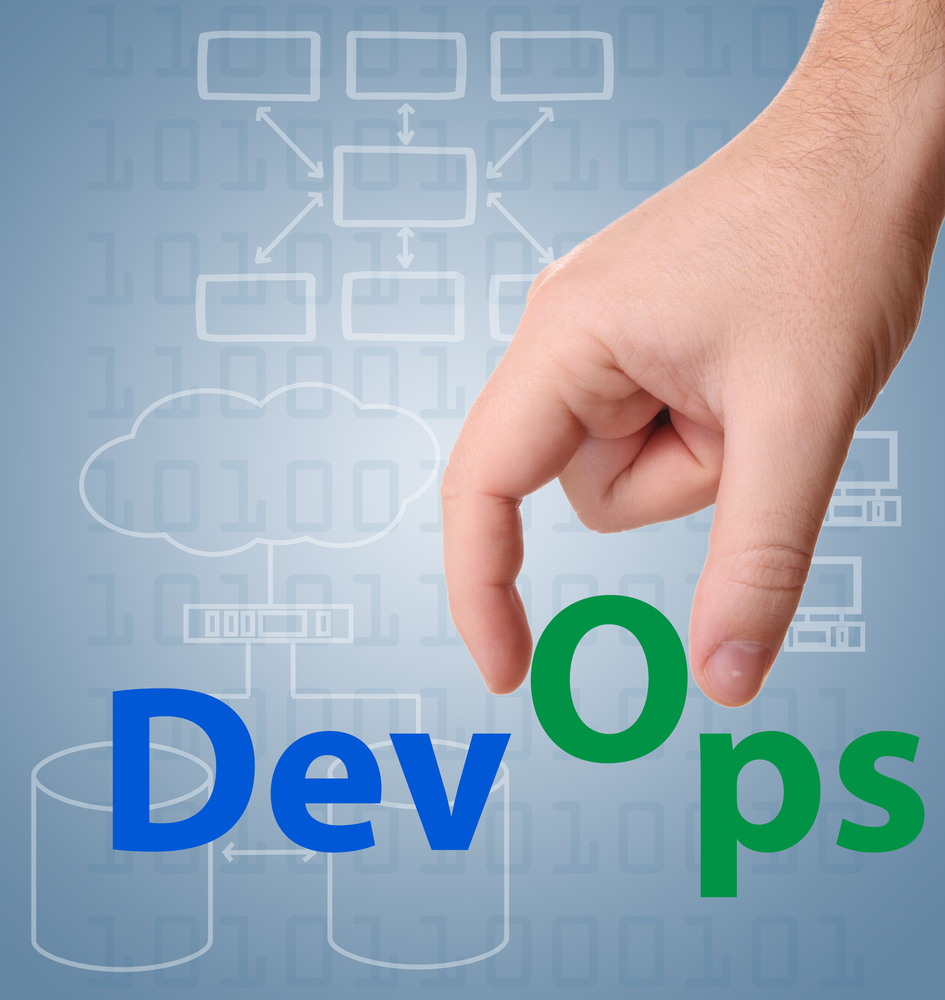
The road ahead for artificial intelligence [Q&A]
There has been a lot of buzz surrounding the adoption of artificial intelligence. According to a recent report from McKinsey 57 percent of companies are now using AI in at least one function. But how much is hype and how much is built on a sound commercial base?
We spoke to Mike Loukides, VP of emerging tech content at O'Reilly Media and author of O'Reilly Media's widely-cited AI Adoption in the Enterprise report, to discuss the current state of AI and what lies ahead.

Why Kubernetes deployment needs a security first mindset [Q&A]
Kubernetes has been at the forefront of container deployment, allowing the automation of development, scaling and management, and supported on a wide range of public cloud platforms.
But as with any cloud deployment there are potential risks from mis-configuration, poorly managed access privileges and more. It's important therefore that when deploying Kubernetes security is given top priority.

How enterprises can boost security with vulnerability management [Q&A]
Cyberattacks come in many different forms and it’s important for businesses to understand where they're vulnerable in order to mount an effective defense.
We spoke to Ed Williams, cybersecurity specialist at Trustwave, to find out more about vulnerability management, why it's important and how it fits into an organization's overall security strategy.

Protecting voice communications from fraud and deep fakes [Q&A]
The UK's National Computer Security centre (NCSC) has recently issued new guidance on secure communications for voice and video calls and SMS in order to help protect consumers from scams.
UK telecoms regulator Ofcom has also announced a crackdown on scam phone calls using fake numbers as their volume has soared during the pandemic.

How to address the security risks of cloud migration [Q&A]
Cloud is an enabler of productivity and provides the infrastructure which supports modern distributed workforces. But it also poses a serious security risk to businesses that are unprepared to cope with modern threats. Figures from 451 Research show that 40 percent of organizations have experienced a cloud-based data breach in the past 12 months.
Organizations are spending millions on firewalls, endpoint protection and other security measures. What these organizations are missing, however, is visibility and control of security policies that govern 'what can talk to what' and 'who can talk to who' across the entire organizational infrastructure, including on-premise, cloud-native, and hybrid cloud. This creates security blind spots and misconfigurations.

Dealing with the challenges of patch management [Q&A]
Patching is an essential part of keeping systems secure and it has been for almost as long as computers have existed.
Why then is it something that many organizations still seem to struggle with? We talked to Tom Bridge, principal product manager at JumpCloud to find out and to learn how companies can get to grips with patch management.

The impact of supply chain data breaches [Q&A]
Digital supply chain breaches are becoming more common, as supply chains increase in complexity so the attack surface grows and even smaller businesses can have complex webs of connections.
But how do supply chain breaches impact businesses? And what can they do to cut the risk? We spoke to Jeremy Hendy, CEO of digital risk protection specialist Skurio, to find out.

Controlling the costs of cloud deployment [Q&A]
Enterprises often turn to the cloud as a way of reducing their IT costs. But using the cloud by itself doesn't necessarily lead to savings, especially if there are no adequate controls in place.
We talked to Lenley Hensarling, chief strategy officer at real-time data platform Aerospike, to discover how the right management strategies can help rein in costs for public, private, hybrid, and multi-cloud deployments.

Tying Artificial intelligence and web scraping together [Q&A]
Artificial intelligence (AI) and machine learning (ML) seem to have piqued the interest of automated data collection providers. While web scraping has been around for some time, AI/ML implementations have appeared in the line of sight of providers only recently.
Aleksandras Šulženko, Product Owner at Oxylabs.io, who has been working with these solutions for several years, shares his insights on the importance of artificial intelligence, machine learning, and web scraping.

The evolution of the DevOps corporate culture and where 'shift left' takes it next [Q&A]
DevOps has become the mainstream development culture in recent years, but like other areas of the tech world it continues to evolve.
Add in changes brought about by the pandemic, the Great Resignation, automation and more, and it's clear that the evolution is set to continue. We spoke to Shanea Leven, CEO of CodeSee to find out what changes have already taken place and what the future might hold.

Why PKI still has a key role in security [Q&A]
The origins of Public Key Infrastructure (PKI) date back to the 1970s and research at UK intelligence agency GCHQ, though it didn't emerge from the secret world and take off commercially until the 1990s.
PKI still underlies a great deal of modern cryptography, so we spoke to Ryan Sanders, senior product marketing manager at Keyfactor, to find out more about it and why it isn’t going away any time soon.

The challenges facing Kubernetes developers and how to overcome them [Q&A]
Developers have a lot to think about in 2022. Security tops the list and, increasingly, developers in the cloud and using Kubernetes need to think about cost too.
We talked to Rob Faraj, co-founder of monitoring tool Kubecost, to find out cultural shifts that organizations and developers need to make to overcome challenges created by the increase in adoption of Kubernetes.

Cybersecurity and the art of persuasion [Q&A]
Despite the introduction of systems based on AI and other technologies, cybersecurity remains an ultimately human problem.
It's not just a problem for IT teams either, to keep the enterprise safe security needs to be taken seriously throughout the organisation. It's the role of the CISO to ensure this but it can be a challenge to implement.

Why learning and development are key to retaining tech workers [Q&A]
Skills shortages in the tech sector are nothing new but COVID and the Great Resignation have highlighted matters over the last year.
Retaining tech workers and keeping their skills up to date is more important than ever, so we spoke to CGS's senior director of learning strategies, Regina Nowlan, to find out why learning and development are an important factor in the equation.

Why developers are quitting over on-call contracts [Q&A]
The US Labor Department recently reported that 4.5 million workers left their jobs in November 2021, the highest exodus on record. The Great Resignation has become a hot topic in the tech world as the pandemic, new virtual team dynamics and other factors have created new waves of attrition.
In the tech industry -- where developer talent is a make or break factor in a company's success -- HR departments, hiring managers and software team leads are scrambling to rethink the developer happiness factors they can control to stem the tide.